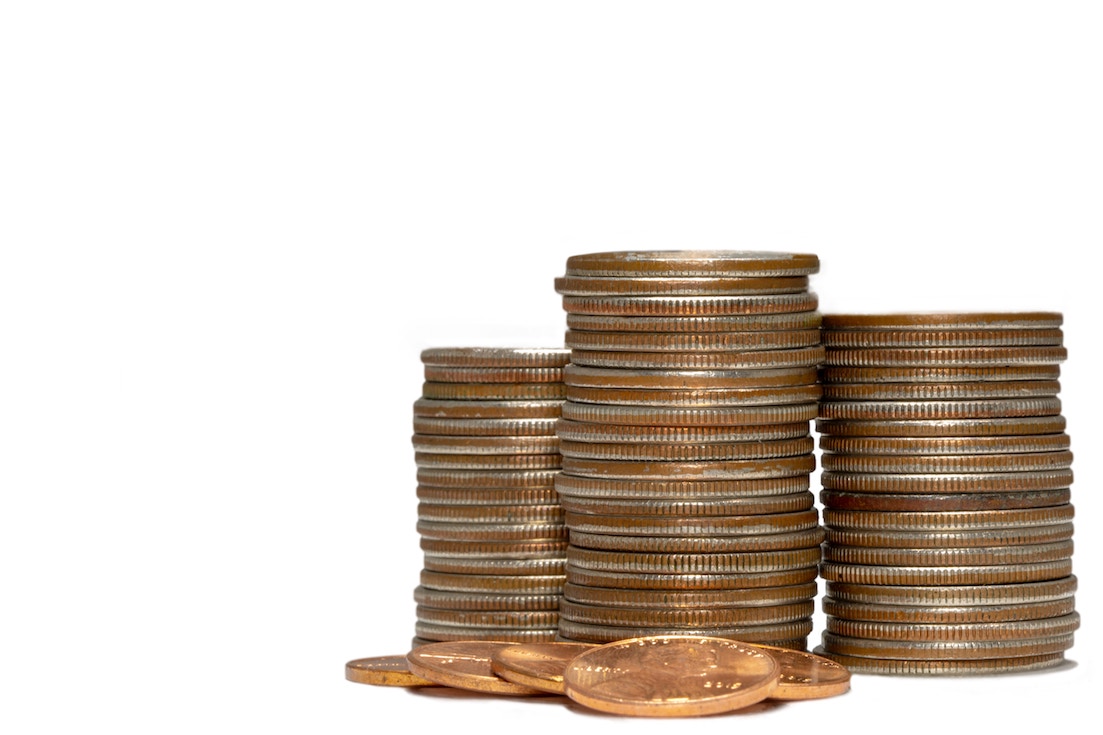I frequently adjust my budget for groceries. Other than rent, groceries typically take up the bulk of my budget. Therefore, if I can reduce my grocery budget, I can increase my savings.
However, I never seem to settle on a good budget for groceries. It is a constantly evolving dilemma. That said, I’ve learned a few things from all of the changes that I’ve made to my grocery budget over time.
What I Consider in My Budget for Groceries
There’s a reason for this: food isn’t always practical. If I could simply think of food in terms of budget alone, then it would be easy to figure out what to spend on it. However, there are many more things I consider when selecting my food.
Most importantly, I’m concerned with my own diet. I’m particular about what I want to put in my body. I eat vegetarian, low-carb foods. Furthermore, I’m concerned about where my food comes from. I only buy pasture-raised organic eggs. I like to eat produce from local farms.
Moreover, I want to have a positive grocery shopping experience. There are budget grocers where I could spend less money than I do. However, I hate shopping in those crowded stores. I prefer to get my groceries delivered – from local farms as well as from Amazon. When I do go to the grocery store, I like the pleasant one that’s a little bit pricier.
Of course, these are all luxuries. If I truly don’t have the budget for groceries like this, then I have to compromise. Therefore, my budget changes; when I have more, I spend more. I have good reasons for that, so I’m okay with it.
Track Spending to Budget for Groceries
There are many different ways to budget for groceries. Furthermore, there are many ways to save money on groceries. However, you can’t get anywhere until you know what you’re already spending. Track what you spend on food every month for several months.
Make sure that you track all food spending, not just what you spend on groceries. At one point, I thought I was spending less on groceries. Technically, I was. However, the limited diet meant I had more food cravings. Therefore I was spending impulsively at restaurants, convenience stores, and buying food online. Therefore, it’s important to track everything you spend on food, not just what you spend at a traditional grocery store.
If you want a really good picture, you should track all of your spending. You might notice that feeling deprived of good food leads you to spend more on entertainment or miscellaneous shopping. On the other hand, you might realize that healthier eating means you spend less on medications.
When you track your spending, it gives you a good picture of where your food money already goes. Therefore, you will have the information you need to see where you might cut back on spending.
What Percent of Income to Spend on Groceries
If you track your spending, you can calculate how much of your income goes to groceries. Most experts recommend that you spend about ten percent of your income on groceries. Of course, there are many factors to consider including family size and special dietary needs.
One smart approach is to budget 15 – 20% of your income for groceries. However, aim to always spend less. Then take whatever you have saved for the month and invest it. For example, if you aim to spend 20% of your income on groceries, but you only spend 10% then take that other 10% and put it into savings or investments. If you spend it all, that’s okay because you budgeted for it, but you can make a game out of trying to spend as little as possible from what you’ve budgeted.
How to Fine Tune Your Budget for Groceries
Keep tracking your grocery spending to make sure that you stick within your budget. More importantly, schedule time every few months to review and fine-tune your budget. Here are a few tricks:
- Try to reduce your grocery spending by 1% month after month.
- Break your budget down to weekly spending to keep your grocery costs under control.
- If you need to spend more than your budget, always pull it from somewhere else in the budget. In other words, don’t go into debt for groceries.
- Order your grocery list in terms of priorities. Put unnecessary items such as juice at the bottom of the list. Don’t buy them if you don’t have the budget.
- Always look for the best deal on groceries. Usually, that means using coupons.
What are your biggest questions about spending money on groceries? Share in the comments and we’ll try to answer them.


